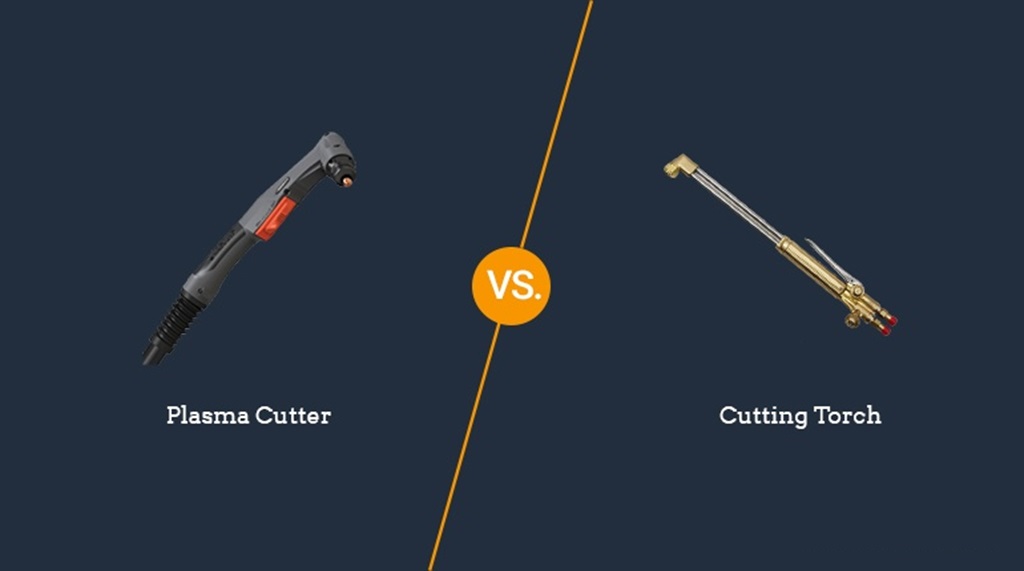When it comes to creating a kitchen that’s efficient, comfortable, and inviting, the choice between a chimney and an exhaust fan can play a significant role. Both these kitchen ventilation options have their own set of advantages and disadvantages, and understanding them is crucial for making an informed decision. In this article, we’ll dive deep into the world of chimneys and exhaust fans, exploring their unique features and helping you determine which one is the better choice for your kitchen. Explore the facts about kitchen exhaust fan.
Chimney: Removing Smoke, Odors, and Grease with Efficiency
Efficiency Matters
One of the prime reasons many homeowners opt for kitchen chimneys is their exceptional efficiency in tackling smoke, odors, and grease particles. Unlike exhaust fans, chimneys are designed to be highly effective at capturing and eliminating these unwanted elements from your kitchen environment. Explore the facts about kitchen exhaust fan.
Suction Power that Makes a Difference
Chimneys harness the power of a robust suction motor that works tirelessly to pull in and filter out pollutants from the air. This results in a cleaner, fresher kitchen atmosphere that’s free from the lingering effects of cooking smells and smoke.
Ventilation and Freshness
Apart from their smoke-clearing capabilities, chimneys also contribute significantly to maintaining a kitchen’s overall ventilation. By actively removing smoke and fumes, chimneys ensure that your kitchen remains a pleasant space to cook and spend time in. This content is presented by Dightonrock.com.
Ease of Cleaning
Picture this: You’ve just finished preparing a delicious meal, but now you’re faced with the daunting task of cleaning up the greasy residue that’s settled all around your kitchen. This is where chimneys come to the rescue. By preventing the accumulation of grease and oil on surfaces, they significantly reduce the effort required for post-cooking cleanup.
Durability that Lasts
Investing in a chimney means investing in durability. Chimneys are built to endure the demands of a busy kitchen, offering you long-term service and peace of mind. This durability makes chimneys a reliable addition to any culinary space.
Exhaust Fan: The Simplicity of Airflow
Cost-Effective Solution
For those conscious of their budget, exhaust fans emerge as a cost-effective ventilation option. They are generally less expensive compared to chimneys, making them an attractive choice for homeowners looking to enhance their kitchen without breaking the bank.
Energy Efficiency at its Core
Energy consumption is a significant consideration when selecting kitchen appliances. Exhaust fans consume less electricity compared to chimneys, which is a crucial factor in reducing your overall energy bill.
Simplicity in Design and Installation
Exhaust fans are known for their simplicity. They are easy to install and maintain, making them an ideal choice for homeowners who prefer hassle-free solutions that get the job done without any unnecessary complexities.
Space-Saving Advantage
Kitchens often have limited space, and here’s where exhaust fans shine. They take up minimal space, allowing you to optimize the layout of your kitchen without compromising on functionality.
Making the Decision: Factors to Consider
In the end, the choice between a chimney and an exhaust fan boils down to your individual preferences, budget constraints, and specific kitchen requirements.
If you value efficient smoke and odor removal, improved ventilation, and reduced cleaning effort, a chimney could be the superior choice. Its ability to efficiently eliminate smoke, along with its added ventilation benefits, can significantly enhance your cooking experience.
On the other hand, if you’re looking for an economical solution that consumes less energy, is easy to install, and doesn’t take up much space, an exhaust fan might align better with your needs.
Conclusion
In the great chimney vs. exhaust fan debate, there is no definitive winner—it all depends on your priorities and the unique demands of your kitchen. Make your kitchen look new and happening while discovering the ideal choice for kitchen ventilation. Explore the benefits of chimneys and exhaust fans to make an informed decision. Whether you’re aiming to enhance indoor air quality, deal with cooking odors, or efficiently extract smoke, both options have their advantages. Consider factors like kitchen size, cooking frequency, and your overall home aesthetic when making your choice. The right decision will not only provide functional benefits but also contribute to the overall appeal of your kitchen space. Both options have their strengths, and understanding them will empower you to make the right choice for a kitchen that’s both functional and comfortable.
FAQs
Q1: Are chimneys difficult to maintain?
Maintaining chimneys is relatively easy, especially considering the benefits they provide. Regular cleaning and filter replacement are typically all that’s required.
Q2: Can exhaust fans effectively remove strong cooking odors?
While exhaust fans are adept at ventilating your kitchen, their performance in removing strong odors might be less efficient compared to chimneys.
Q3: Which option is better for a small kitchen?
Exhaust fans are a great fit for small kitchens due to their space-saving design, making them a practical choice.
Q4: Do chimneys consume a lot of electricity?
Chimneys with modern technology are designed to be energy-efficient, so their electricity consumption is reasonable.
Q5: Can I have both a chimney and an exhaust fan?
Yes, some kitchens benefit from having both options. Chimneys can handle heavy-duty ventilation, while exhaust fans offer additional airflow assistance.





